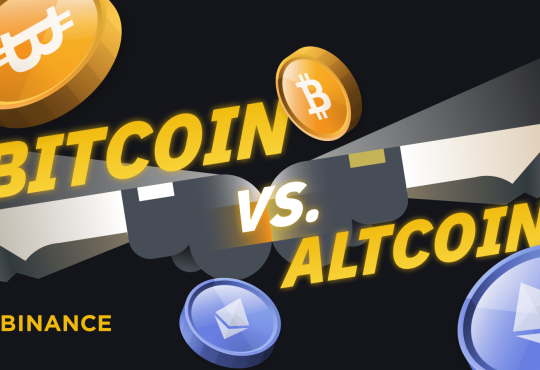
Blockchain in Gambling: Transparency and Fair Play
Blockchain technology has revolutionized various industries with its disruptive capabilities, and gambling is no exception. The decentralized nature of blockchain makes it an ideal solution for ensuring transparency and fair play in the gambling industry.
Transparency in Gambling
One of the biggest challenges in the gambling industry is the lack of transparency. Traditional online gambling platforms often leave players wondering if the game outcomes are truly fair or if their funds are being handled securely. With blockchain technology, these concerns can be addressed through transparent and immutable records.
Blockchain enables the creation of a public ledger that records every transaction and game outcome. This means that players can verify the fairness of the games and check if the winnings are distributed correctly. The transparency provided by blockchain eliminates the need for trust between players and gambling operators.
Smart contracts, which are self-executing contracts with the terms of the agreement directly written into the code, further enhance transparency in gambling. These contracts can be used to automate payouts, ensuring that winnings are distributed instantly and accurately, without the need for intermediaries.
Fair Play in Gambling
In addition to transparency, blockchain technology also promotes fair play in the gambling industry. The use of cryptographic algorithms ensures that game outcomes are unpredictable and unbiased. These algorithms are implemented in a way that prevents manipulation or tampering.
By utilizing blockchain technology, gambling platforms can offer provably fair games. This means that players can verify the fairness of each game by examining the underlying code and algorithms. The transparency provided by blockchain technology ensures that there are no hidden tricks or cheats.
Furthermore, blockchain technology can prevent fraud and identity theft in online gambling. Traditional gambling platforms often require users to provide personal information and financial details, which can be vulnerable to hacking. With blockchain, users can maintain their privacy and security, as their personal information is stored securely on the blockchain.
Benefits for Gambling Operators
Implementing blockchain technology in the gambling industry comes with several benefits for gambling operators. Firstly, the transparency and fairness provided by blockchain technology can help build trust with players. This can attract more users to the platform, ultimately leading to increased revenue.
Secondly, the use of blockchain technology eliminates the need for intermediaries in the gambling process. This reduces costs for gambling operators, as they no longer have to pay fees to payment processors or other service providers. Payouts can be automated through smart contracts, reducing the need for manual intervention.
Thirdly, the decentralized nature of blockchain technology ensures that gambling platforms are resistant to hacking and fraud. The immutability of blockchain records makes it nearly impossible to alter game outcomes or manipulate transactions, providing a secure environment for both gambling operators and players.
Challenges and Limitations
While blockchain technology brings numerous advantages to the gambling industry, there are also challenges and limitations to consider. Firstly, the adoption of blockchain in the gambling industry is still in its early stages. Many existing platforms are built on traditional infrastructure, making it difficult to integrate blockchain technology seamlessly.
Secondly, blockchain technology currently struggles to handle the scalability needed for high-volume gambling platforms. As blockchain networks grow, the capacity to process transactions can become limited. However, with ongoing research and development, solutions such as layer-two protocols and sharding are being explored to address these scalability issues.
Lastly, regulatory compliance is another challenge faced by blockchain gambling platforms. Governments and regulatory bodies around the world have differing views on the use of cryptocurrency and blockchain technology in gambling. These platforms need to navigate through complex regulatory frameworks to ensure legal compliance.
The Future of Blockchain in Gambling
Despite these challenges, the future of blockchain in the gambling industry looks promising. As the technology matures and scalability issues are resolved, more gambling platforms are likely to adopt blockchain to enhance transparency and fairness.
Furthermore, the rise of decentralized finance (DeFi) and non-fungible tokens (NFTs) opens up new possibilities for blockchain gambling. DeFi protocols can enable peer-to-peer gambling without the need for central entities, while the use of NFTs can introduce unique digital assets and collectibles in the gambling experience.
In conclusion, blockchain technology offers a paradigm shift in the gambling industry by providing transparency and fair play. Through immutable records, cryptographic algorithms, and decentralized networks, players can trust that the games they participate in are fair and their funds are handled securely. As the industry continues to evolve, we can expect to see more gambling platforms leveraging blockchain technology to provide a better gambling experience for players worldwide.


